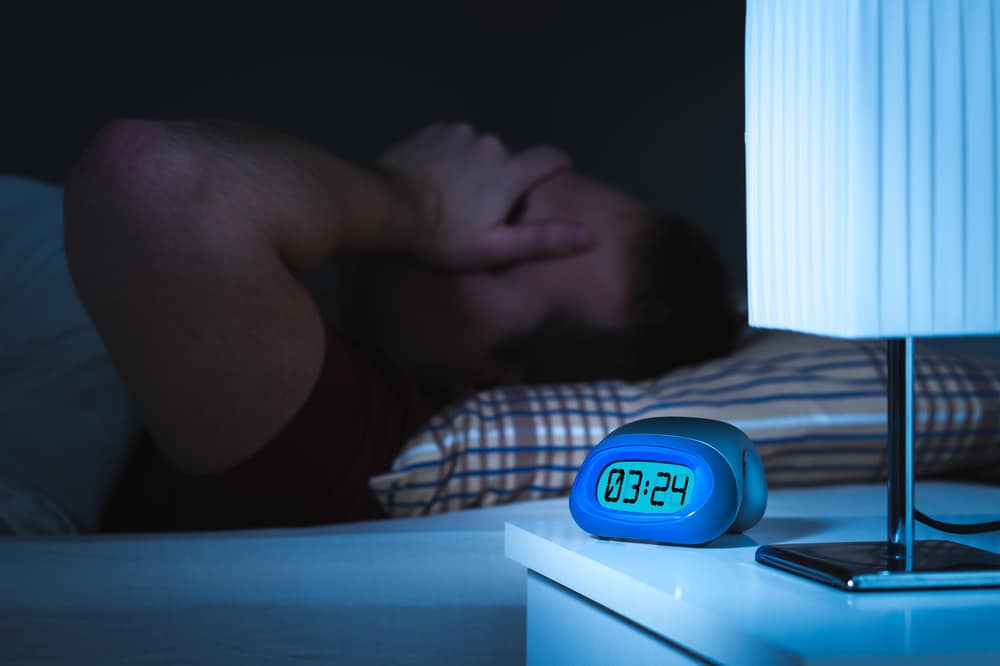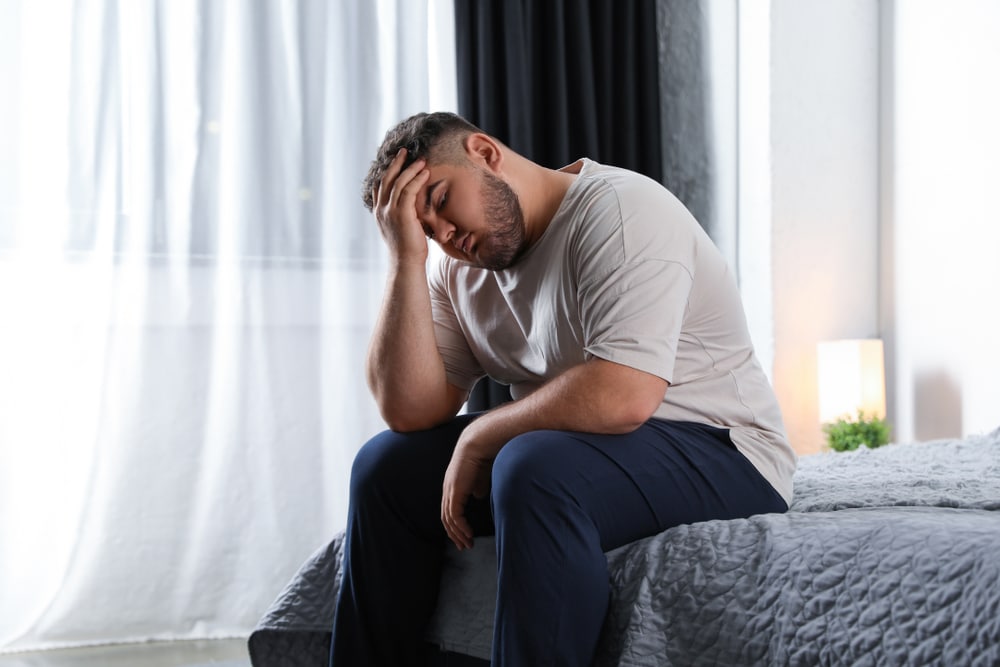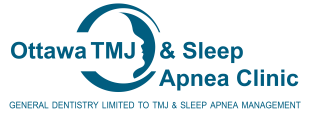Sleep apnea and TMJ treatments in Ottawa, ON
Sleep Apnea & Weight Gain
Sleep apnea can be a debilitating sleep disorder. From daytime exhaustion to high blood pressure, sleep apnea affects your body and mind in many distressing ways. However, with treatment for sleep apnea and other lifestyle changes, you can ease your symptoms and sleep more comfortably all night.
Along with CPAP or oral appliance therapy for sleep apnea, using weight management tactics such as moderate dieting and daily exercise can help you sleep better. Read about how weight loss can help mitigate the harmful symptoms of sleep apnea in our guide.


The Links Between Sleep Apnea and Weight
Obstructive sleep apnea (OSA) is a sleep disorder in which excess soft body tissue blocks your airway, stopping you from breathing and startling your brain awake. While you might not even remember waking up, these jolts of brain activity don’t allow your body to go through the proper sleep cycles to get the rest it needs.
The symptoms of OSA include:
- High blood pressure
- Daytime exhaustion
- Morning headache, dry mouth, or sore throat
- Irritability or mood swings
- Frequent nighttime urination
- Inability to fall asleep or wake up
- Snoring, choking, or coughing during sleep
For many sleep apnea patients, the excess soft tissue in their necks contributes to or directly causes sleep apnea.
Along with the appropriate sleep apnea treatment, losing weight through moderate dieting and exercise can help reduce the amount of excess tissue around patients’ throats, allowing them to breathe clearly.
Weight Gain & Sleep Apnea Go Both Ways
The link between OSA and obesity is an extreme cycle of symptoms. Studies have shown that excess body fat is a significant cause of OSA. But there’s evidence that suggests sleep apnea can lead to weight gain as well.
Physical symptoms such as daytime exhaustion can discourage people with OSA from exercising. Decreases in physical activity caused by tiredness contribute to excess weight, worsening the effects of sleep apnea.
Irregular breathing patterns also cause high blood pressure, or hypertension, in some patients. Hypertension is a disorder that can lead to weight gain, strokes, and other distressing conditions.
Additionally, when you don’t get enough sleep, your body slows down your leptin production. Leptin is a hormone that makes you feel full. As a result, you might eat more than you would normally or reach for convenient foods rather than a healthily prepared meal.
Not everyone who is overweight will develop sleep apnea. Although body fat distribution is a risk factor for the disorder, anyone can have the condition. Patients of all sizes with narrow airways have also been diagnosed with sleep apnea. That’s why it’s vital to undergo a sleep study if you suspect you have OSA, so you can ensure an accurate diagnosis.


Healthy Ways To Lose Weight
Along with treatment for sleep apnea, your sleep apnea dentist might recommend weight loss as a way to reduce your symptoms. Many fad diets claim to reduce body fat fast. However, the only proven way to lose weight is through consistent healthy eating and exercise.
Increasing Physical Activity
Talk to your doctor about recommending an exercise and diet plan to help you lose weight. They may recommend beginning with light exercises such as walking or biking a short distance.
As your endurance and strength grow, you may be able to progress into more intensive workouts like swimming or jogging. Whatever you choose, you should confirm with your doctor what workout plan is right for you before starting your routine.
Eating A Nutritious Diet
To encourage weight loss, your doctor may also recommend following a diet plan. As noted earlier, fad diets that claim to shed inches off your waistline on a short timeline often don’t work and aren’t healthy.
Instead, many doctors recommend cutting down on fatty and sugary foods while increasing your grain, fruit, and vegetable intake. This cuts out excess calories from over-processed foods, hydrates your body, and gives you the energy to exercise and think clearly throughout the day.
Treating Sleep Apnea Can Help You Feel Better
While losing weight is a good way to help mitigate your sleep apnea symptoms, treating sleep apnea can be the first step that motivates you to lose weight. You’re more likely to exercise and cook healthier meals when you get a better night’s sleep through OSA treatment.
To find out more about the causes and symptoms of weight-related OSA, schedule an appointment at our office with Dr. Dahan. Our oral appliance therapy can help you fall and stay asleep throughout the night, allowing you to live a more active lifestyle. Call (613) 454-1854 to talk to an experienced representative about how oral appliance therapy can improve your life.
